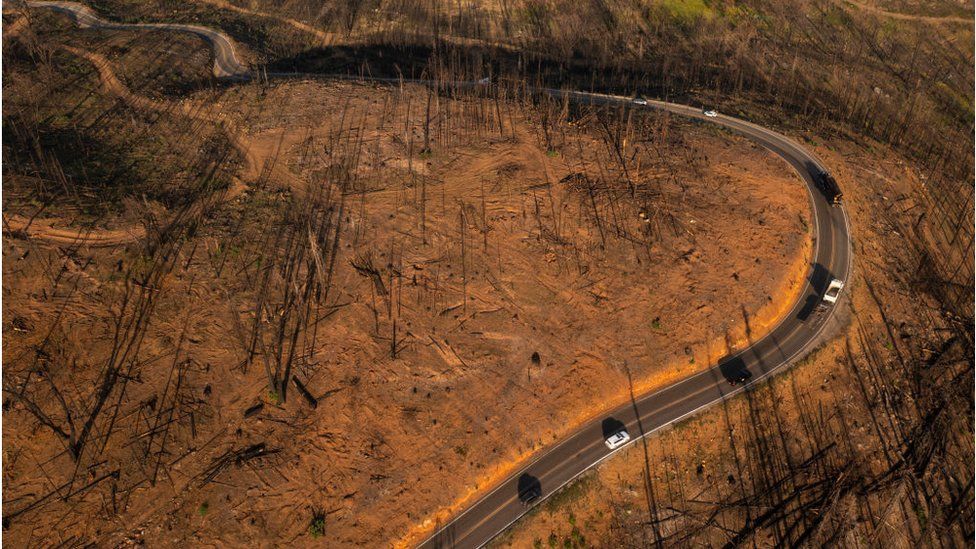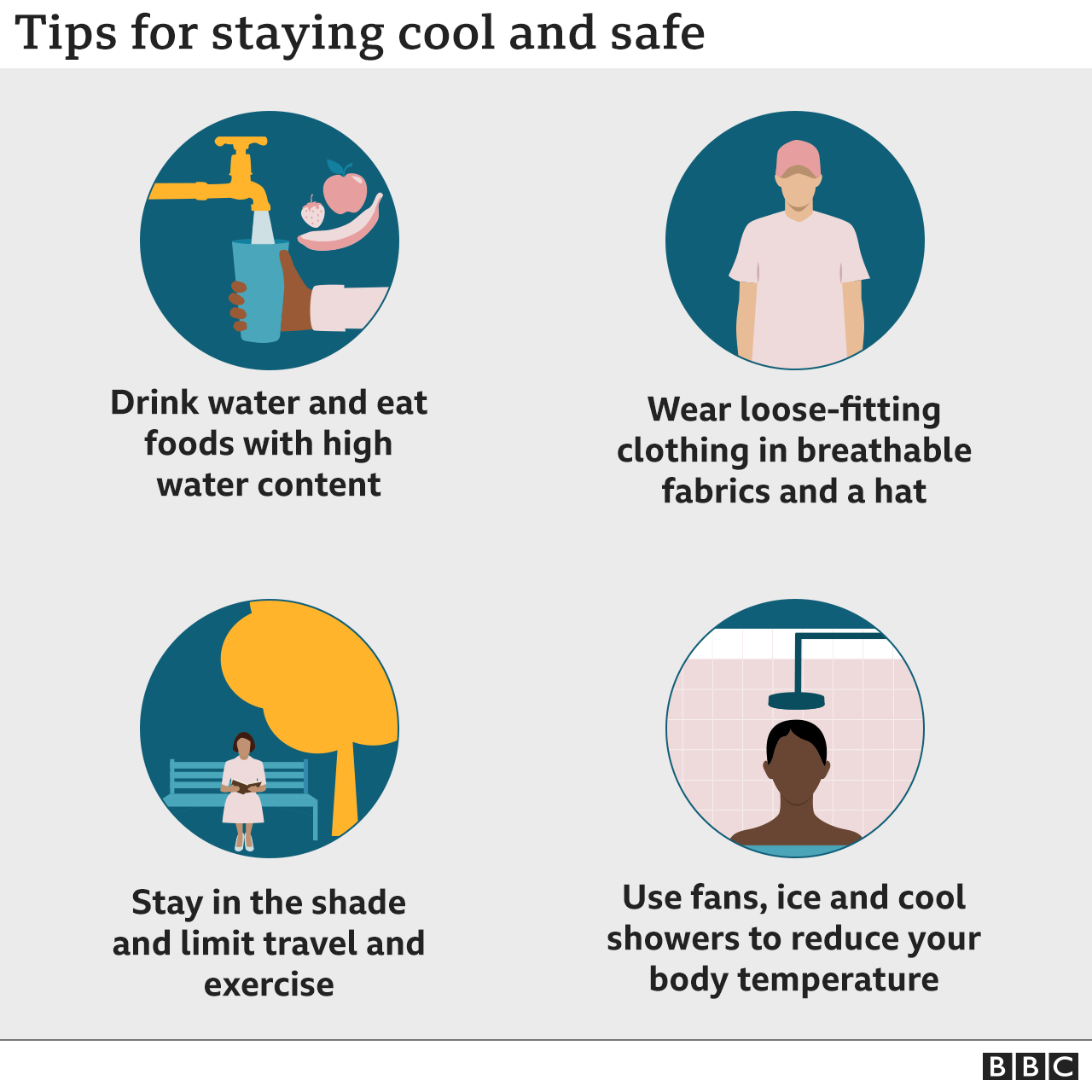No. American Cities Brace For More Heatwaves: W. Canada, PNW, CA, Phoenix A/C Busses, Miami, NY-Phil

- BBC News, Aug. 12, 2021.
This summer's extreme heatwave in western Canada and the Pacific Northwest was linked to hundreds of deaths. How can cities better prepare for dangerously high temperatures? Shane Sanders says it was some of the worst working conditions he's ever experienced in his eight-year career. The paramedic was on 12-hour shifts in a Vancouver suburb during the record-shattering heatwave in late June.
He and his colleagues were "dripping through their uniforms, taking their shirts off just to cool down" and "kicking back as much water as they could between calls" in 35C (95F) temperatures, without factoring in humidity. "There were paramedics puking outside after calls because they were so fatigued and rundown - just getting heat exhaustion symptoms themselves," he says. A few times he ended up treating more than one patient during calls, because the wait for an ambulance meant more people in a home had been overcome by heat once they arrived, he says.
Troy Clifford heard similar stories from other paramedics: one who treated an elderly woman whose home had reached a broiling 50C, another who responded to 11 cardiac arrest calls in just one shift. Clifford, president of the Ambulance Paramedics of British Columbia union, called the extreme heat a "perfect storm" for the paramedic services in the province, which were already straining under staffing shortages and increased call volumes during the Covid pandemic. At some points during the heatwave, there were waits of an hour or more for critical calls coming into the dispatch centre, he says.
From 25 June to 1 July, over 700 deaths were reported to the BC coroner's office - three times the normal amount - the majority of which are believed linked to the extreme heat. The province and its health services were both pushed to explain why they weren't better prepared - and Vancouver has since vowed to implement a plan to be ready for when temperatures spike again, like they are expected to through this weekend. Heatwaves are becoming more likely and more intense because of human-induced climate change, but have often taken a back seat when it comes to how cities prepare for extreme weather. The world has already warmed by about 1.2C since the industrial era began...
Read More,
https://www.bbc.com/news/world-us-canada-58015089


